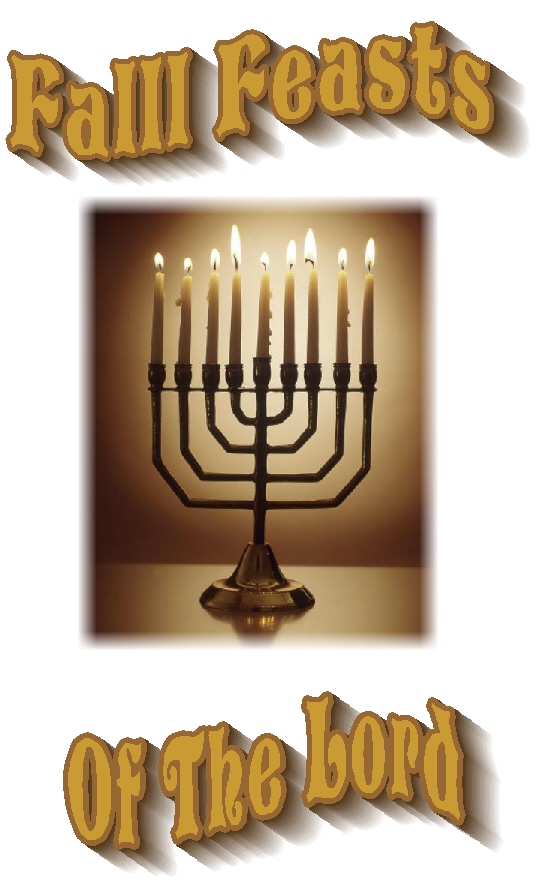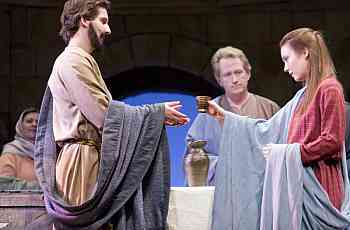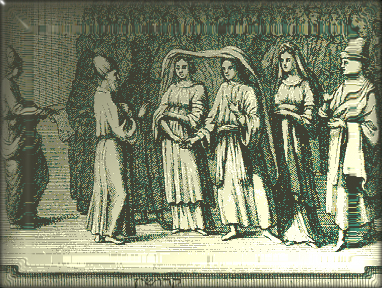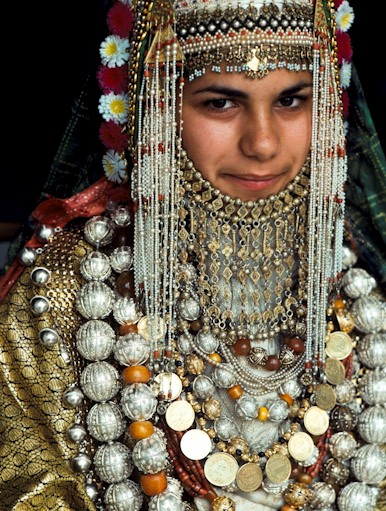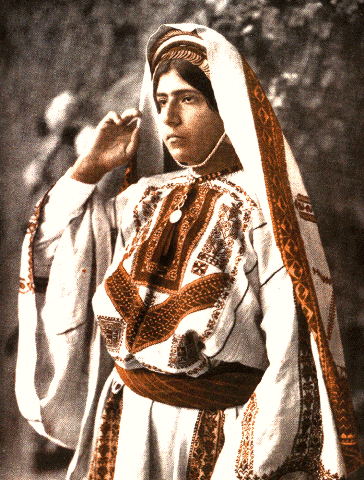The Teaching Ministry of
Rev. Marjorie Kummrow
Bible Studies
This ministry has made a choice to be "Biblically correct" as opposed to "politically correct" therefore we have forfeited the non-profit status available to us. Please note that all donations to this ministry are not tax deductible. Thank you for your support.
Gifts and Cup For The Bride - Step 6 Previous Lesson
Gifts were given to the bride and a cup called the cup of the covenant was shared between the bride and the groom.
The gifts given to the bride are an expression of love, commitment and loyalty. The groom and his bride complete the rite of betrothal with the groom giving the bride something of value, and the bride accepting the gift.
This equation would make a perutah worth two cents. A day’s wages would have been around twenty cents.
The second reads: "Blessed art Thou, O Lord our God, King of the universe, who has hallowed us by Thy commandments, and hast given us command concerning forbidden marriages; who hast disallowed unto us those that are betrothed but hast sanctioned unto us such as are wedded to us by the rite of the nuptial canopy and the sacred covenant of wedlock. Blessed art Thou, O Lord, who hallowest Thy people Israel by the rite of the nuptial canopy and the sacred covenant of wedlock" 10 This benediction is recorded in Talmud and is stated there that it appears that the benediction was in fact a warning to the betrothed couple not to cohabit until that ceremony.
In most cases some of the bride’s price was given back to the bride. Those fathers that could afford to would give their daughters more would. When Rebekah left her father's house to be the bride of Isaac, her father gave her a nurse and also handmaidens who were to be her attendants. And Caleb gave to his daughter a dowry of a field with springs of water. 11
Gen 24:53 Then the servant brought out jewelry of silver, jewelry of gold, and clothing, and gave them to Rebekah. He also gave precious things to her brother and to her mother. 54
Gen 24:59,61 (NKJV) 59 So they sent away Rebekah their sister and her nurse, and Abraham's servant and his men…Then Rebekah and her maids arose, and they rode on the camels and followed the man
Judges 1:12-15 (NKJV) Then Caleb said, "Whoever attacks Kirjath Sepher and takes it, to him I will give my daughter Achsah as wife." 1 And Othniel the son of Kenaz, Caleb's younger brother, took it; so he gave him his daughter Achsah as wife. Now it happened, when she came to him, that she urged him to ask her father for a field. And she dismounted from her donkey, and Caleb said to her, "What do you wish?" So she said to him, "Give me a blessing; since you have given me land in the South, give me also springs of water." And Caleb gave her the upper springs and the lower springs.
As believers, once we accept Yeshua (Jesus) our Messiah, the gift that is lavished upon us is the Holy Spirit. This is the rite of kiddushin, for it is the continual conviction from the Holy Spirit that sanctifies us. When Yeshua (Jesus) ascended to Heaven, He gave gifts to men. The greatest of all gifts that He has given us is of course, the gift of salvation and that of eternal life. Along with the gifts of the Spirit which are, wisdom, knowledge, healing, the working of miracles, prophecy, the discerning of spirits, tongues, and interpretation of tongues, are the gifts of helps and administration. Other gifts include righteousness, grace, and faith and the list goes on and on. Messiah our bridegroom showers us with gifts of the Spirit and so many gifts as well in the natural. He provides for our every need. They are all of them, gifts given as expressions of His love commitment and loyalty. As our bridegroom, He is completing the kiddushin, “rite of betrothal”. He will complete our sanctification during our betrothal period.
The cup is placed in front of her, while the groom nervously awaits her decision to drink or not to drink. When she drinks of the cup it is her yes that seals the marriage contract. 12 The groom also drinks from the cup and he then says to his bride, “I will not drink from this cup again until we are reunited”. It is his pledge to be faithful to her until he returns to get her. It is at this point that the second betrothal benediction would have been pronounced. 13
Yeshua is a gentleman and He wants His bride to come willingly. He never forces himself on us. Rather, He offers us the cup of the covenant to drink. It then becomes our choice to drink or not to drink. This cup of the covenant that we call communion, is so much more than a cup of remembrance, it is a proposal, an act of betrothal. It is offered to His bride and once she drinks of the cup, she seals the marriage contract which is the new covenant that is written in her heart.
Yeshua (Jesus) referred to this cup when He was dining with his disciples during the Passover meal.
Luke 22:20 (NKJV) Likewise He also took the cup after supper, saying, "This cup is the new covenant in My blood, which is shed for you.
His reference to the cup of the covenant is spoken of in Jeremiah as follows:
Jeremiah 31: 31-33 Behold, the days come, saith the Lord, that I will make a new covenant with the house of Israel and with the house of Judah: not according to the covenant that I made with their fathers in the day that I took them by the hand to bring them out of the land of Egypt; which My covenant they brake, although I was an husband unto them, saith the Lord: but this shall be the covenant that I will make with the house of Israel: After those days, saith the Lord, I will put My law in their inward parts, and write it in their hearts; and will be their God, and they shall be My people.
8 Talmud
9 Catholic Bible
10 From the Talmud, Hertz, Prayer, 1011
11 Manners and Customs of Bible Lands
12 The thief in the night, Zola Levitt
13 The Talmud
To continue with Part 7 of this series, click on Cleansing of the Bride
In His Service,
Rev. Marjorie
marjorie@sweetmanna.org
If you have any questions, please feel free to email us.
Contact us to be put on our email list at mailinglist@sweetmanna.org or make a prayer request at prayerwarrior@sweetmanna.org
Rosh HaShanah
The Wedding
of The Messiah
Part 6 of 12
The bridegroom in the presence of two witnesses could give the bride any object of value providing its value was more than a perutah. 8 A perutah was a copper coin worth one thousands of a pound. A mina or pound was worth around twenty dollars or three months wages. 9
Perutah
The gift that is given most often today is the ring, such as the Jewish rings shown in image to the left.
The rite is completed when the groom places the ring on the bride’s finger.
The completion of this rite is called kiddushin. See image to the right.
What I find interesting about this rite of betrothal is that the meaning of kiddushin is “sanctification”. May each of us be found wearing “the ring of sanctification”.
It is on this rite of betrothal that two benedictions were recited. The first is, "Behold, you are consecrated unto me with this ring according to the law of Moses and Israel."
The Kiddushin, where gifts are brought to the bride, where gifts are brought to the bride
In addition to the gifts that the bride receives from her bridegroom, it was customary for fathers who could afford to do so to give their daughters a special marriage dowry.
The dowry were jewels or gold coins sewn in their Israeli garments, mainly the veil. dowry were jewels or gold coins sewn in their Israeli garments, mainly the veil.
At this time of gift giving, the bride and groom also share a cup of wine. This is called the cup of the covenant. They drink from a common cup that is first given to the groom to sip, and then to the bride.
When the bride has not given her consent to be the bride, her refusal is made by refusing drink from the cup.

